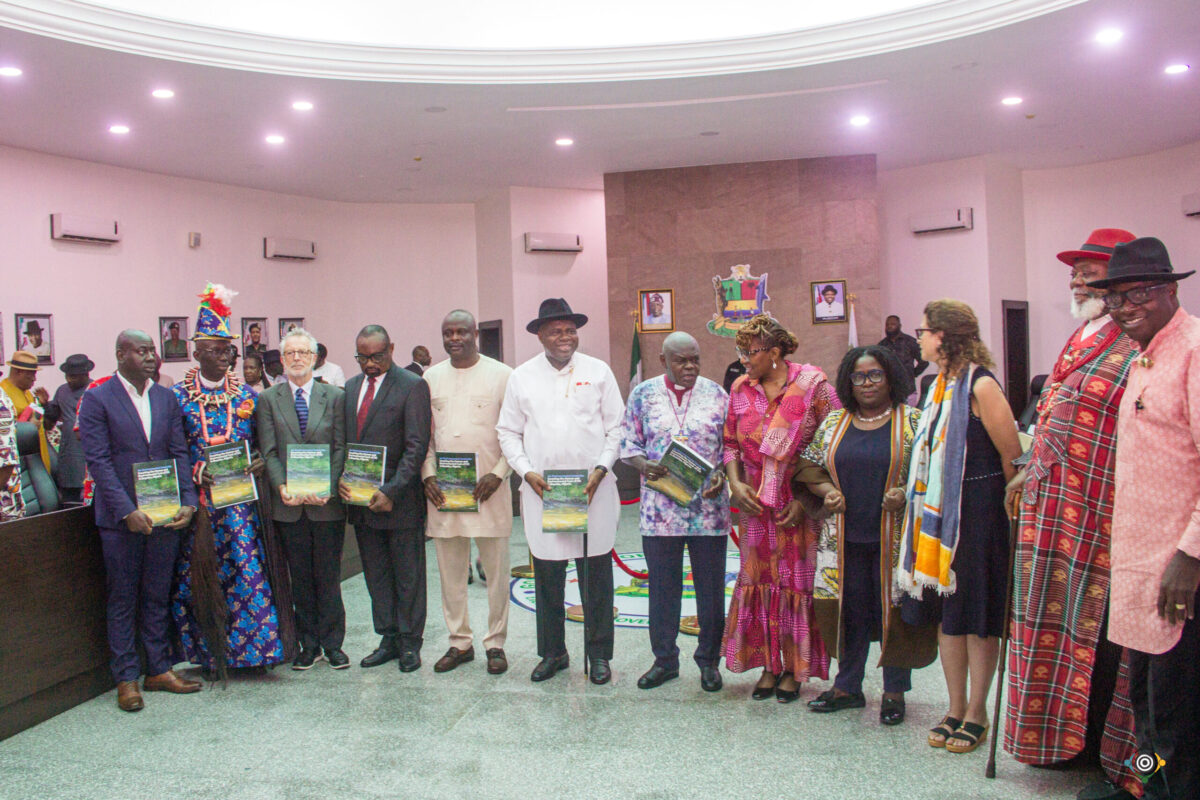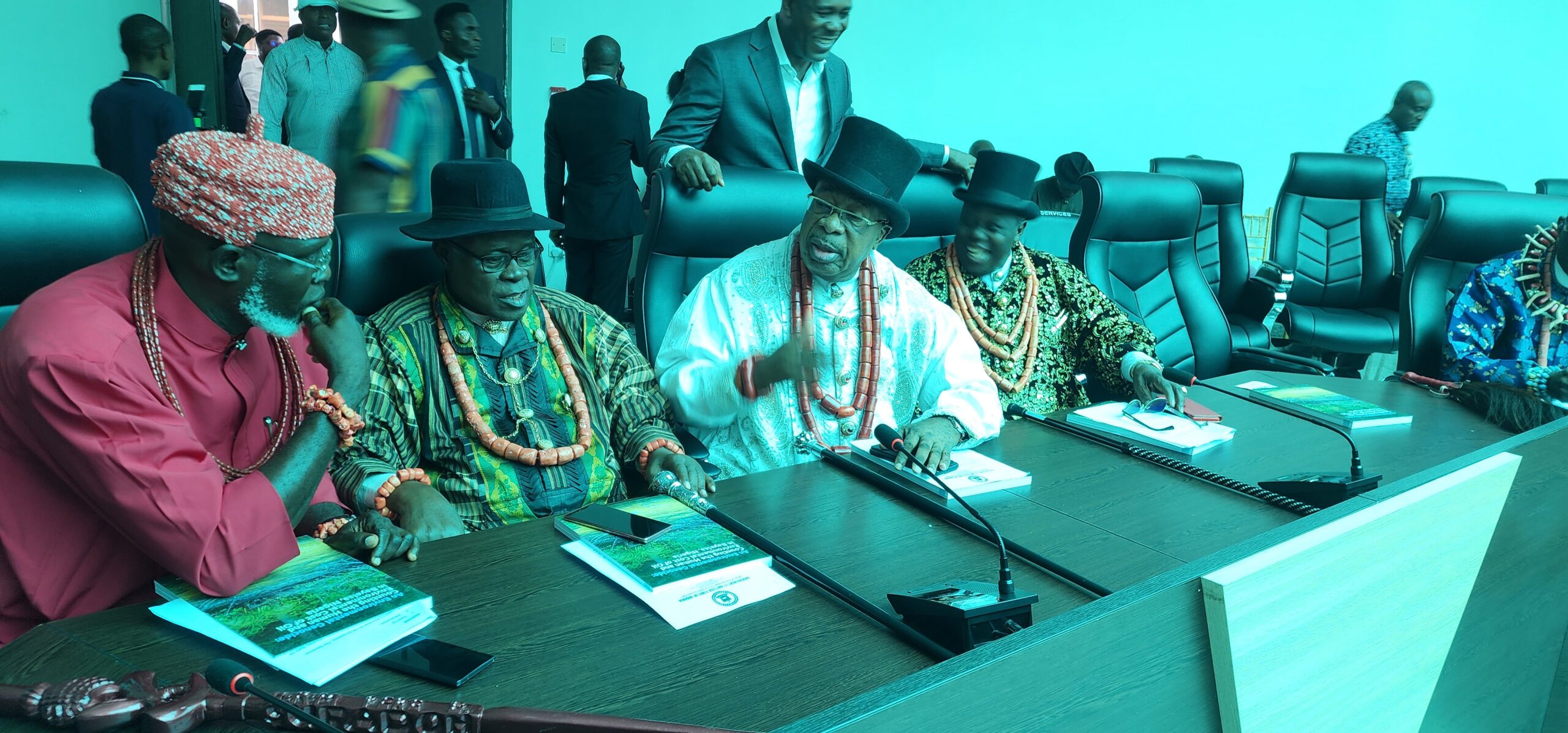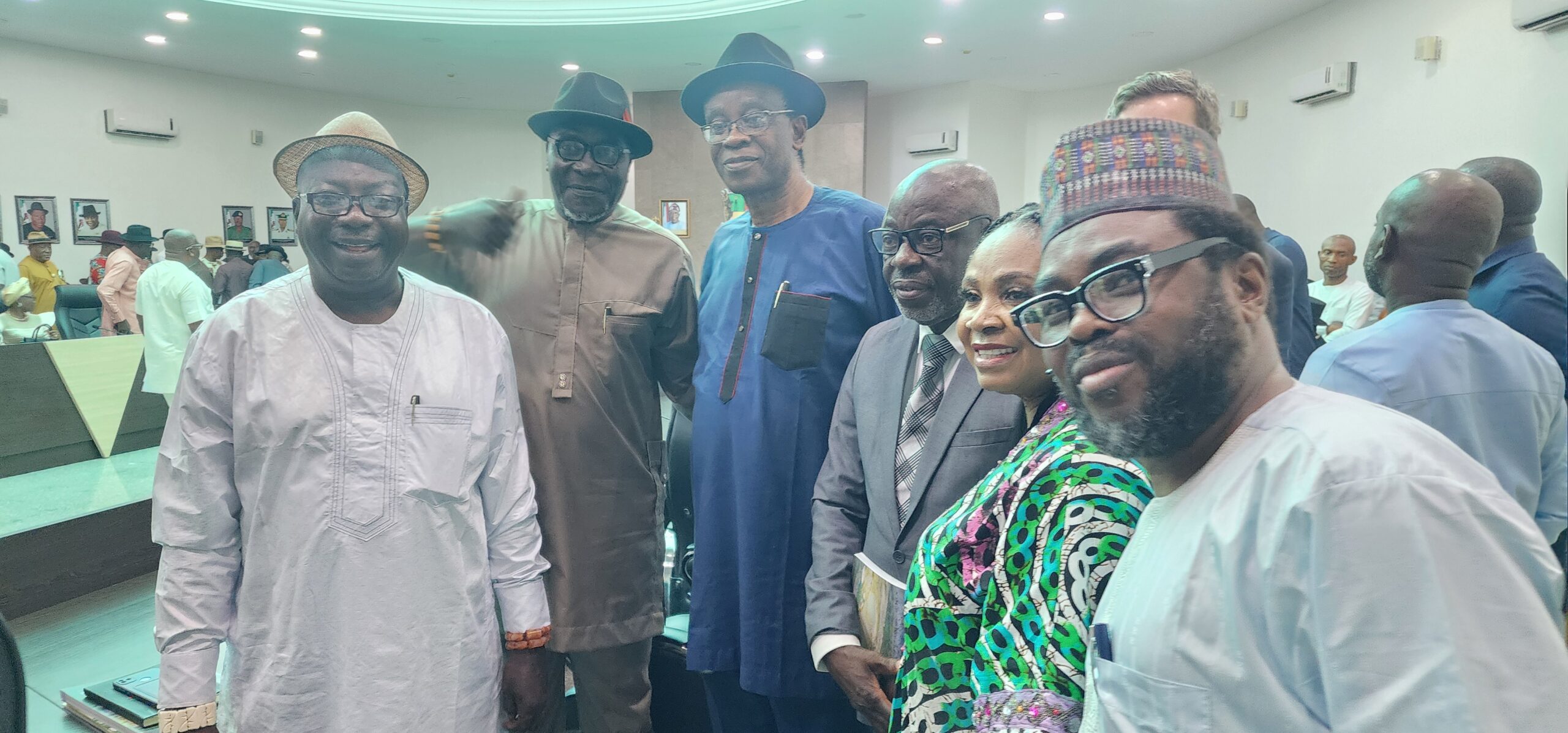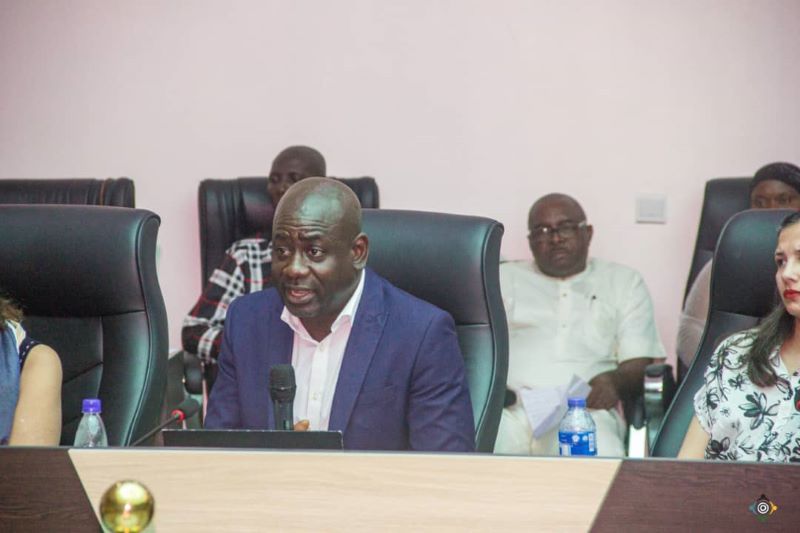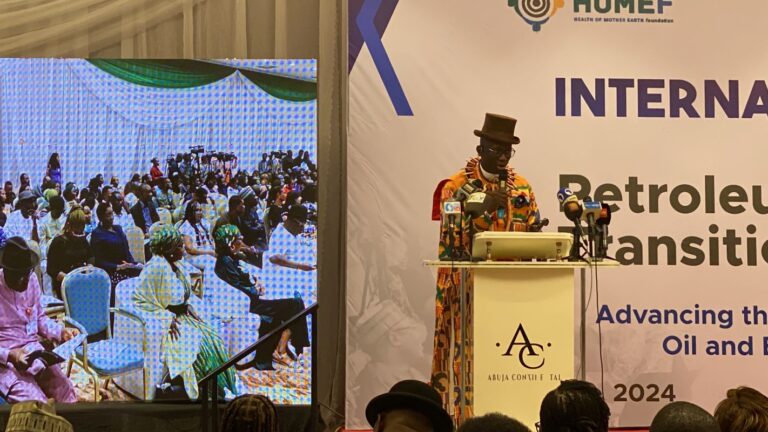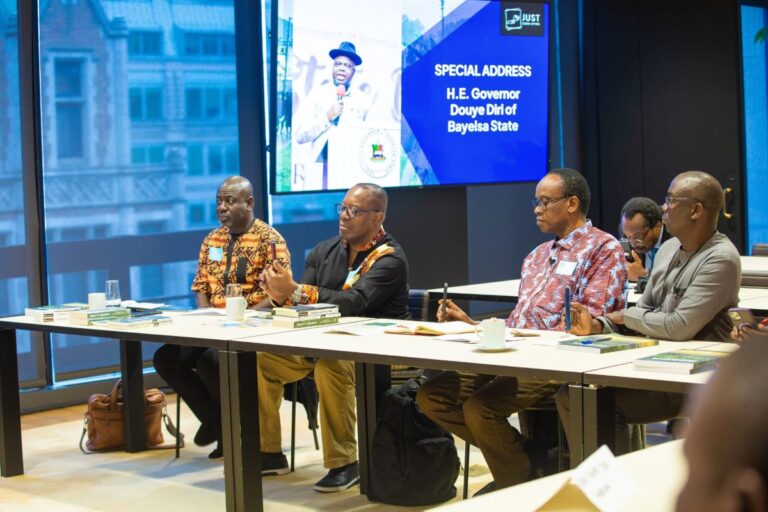Beyond Oil Spills and Bureaucracy: Bayelsa’s Blueprint for a Cleaner Future
The Bayelsa Solution: Ending Environmental Injustice, a Framework for Accountability and Long-Term Recovery
The Niger Delta region of Nigeria has endured severe environmental degradation and harm to its communities over the past 70 years. Since oil was discovered in commercial quantities in 1956 in Otuabagi, present-day Bayelsa State, oil pollution and gas flaring have ravaged the land, air, and health of the people in these oil-rich areas.
In 2011, the United Nations Environment Programme (UNEP) conducted a groundbreaking assessment of oil pollution in Ogoniland. The resulting UNEP report revealed the devastating effects of oil exploration and called for urgent, comprehensive action to remediate Ogoniland—a process estimated to take 30 years and require a staggering $1 billion if mobilized swiftly. However, Shell, the primary operator responsible, along with the Nigerian federal government, have introduced bureaucratic delays, stretching the timeline beyond what the UNEP outlined.
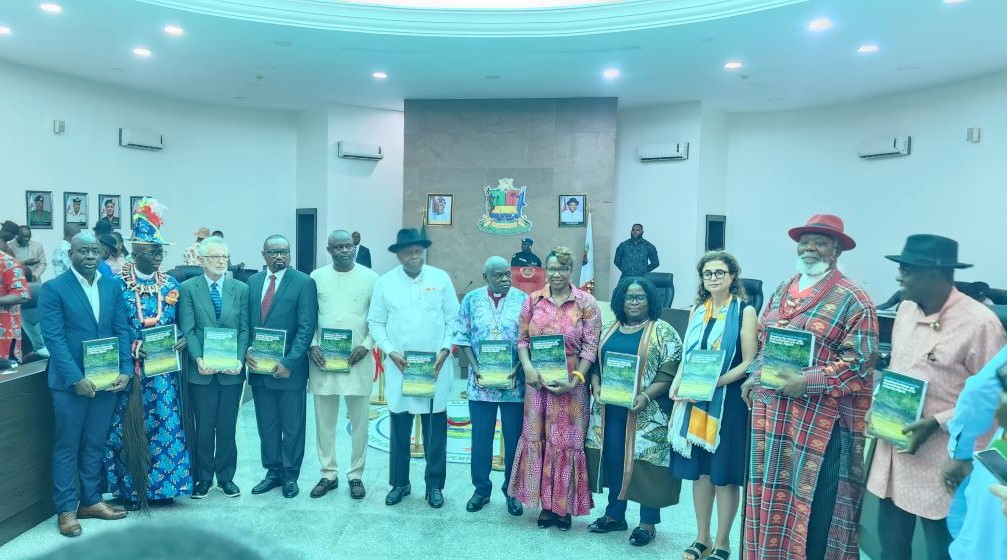
In response, the Bayelsa State government, recognizing the pressing need for environmental accountability, initiated its own assessment to determine the pollution levels resulting from oil exploration in the state. Former Governor Senator Seriake Dickson established the Bayelsa State Oil and Environmental Commission to carry out this critical work.
The Commission’s distinguished members included Dr. Isaac ‘Asume’ Osuoka (Social Action International), The Rt. Revd. and Rt. Hon. the Lord Sentamu, PhD (Cantab), Professor Michael J. Watts (University of California, Berkeley), and former Ghanaian President John Kufuor. Additional members were The Rt. Hon. the Baroness Amos LG (Master of University College, Oxford), Professor Engobo Emeseh (University of Bradford), Professor Roland Hodler (University of St. Gallen), Dr. Kathryn Nwajiaku-Dahou (Chair, Expert Working Group), and Professor Anna Zalik (York University).
The Commission’s mandate was “to develop informed recommendations leading to a new legal framework that demands accountability and action.” This framework would establish targeted initiatives to ensure responsible oil operations, comprehensive clean-up efforts, and preventative measures for Bayelsa and the broader Niger Delta region. Over five years of rigorous scientific investigation and community collaboration, the Commission produced a comprehensive report outlining the environmental and human toll inflicted by multinational oil companies and proposed a new global framework for accountability.
On October 28, the Commission submitted its final report to Bayelsa State Governor Senator Douye Diri in a ceremonial event that coincided with a special extended State Executive Council meeting at the State House. The findings and recommendations set a decisive course for restoring Bayelsa’s environment and protecting future generations.
Governor Douye Diri led the event, expressing deep gratitude to the Commission, led by Lord Sentamu, for amplifying Bayelsa’s struggles on an international platform. He praised the collaborative spirit behind the report, calling it a testament to collective resilience.
Lord Sentamu delivered a passionate call for action, stating that the suffering of Bayelsa’s communities has gone on too long. He emphasized the importance of immediate intervention, declaring, “Enough is enough,” and urging an end to further oil spills and environmental damage.
Dr. Kathryn Nwajiaku-Dahou highlighted the report as an essential document of evidence, carefully detailing Bayelsa’s plight and consolidating it as a powerful tool for advocacy and justice.
Dr. Isaac Osuoka underscored the report’s potential to attract international support, particularly for climate adaptation and energy transition, noting it as a gateway for critical resources to support sustainable development in Bayelsa.
In his remarks, King Bubaraye Dakolo commended the government for sustaining the effort across administrations, describing the report as a vital step in restoring dignity to communities devastated by decades of pollution.
Dr. Nnimo Bassey lauded the report, comparing its significance to the 2011 UN report on Ogoniland, and commended the Commission for its comprehensive work in documenting the severe environmental degradation in Bayelsa.
The conference concluded with renewed calls for accountability, sustainability, and swift action to address the region’s environmental challenges.
Some of the findings and recommendations of the committee include
Findings:
- Environmental Devastation: Hundreds of thousands of people in Bayelsa live on contaminated land, relying on polluted water and air, causing high mortality and morbidity rates.
- Health and Livelihood Crisis: Chronic diseases, neonatal death, malnutrition, and abject poverty have risen sharply due to environmental degradation.
- Community Disruption: Loss of livelihoods has led to increased poverty, conflicts over compensation, and social fragmentation.
- Exploitation by Oil Companies: International Oil Companies (IOCs) have pursued profit at the expense of Bayelsa’s environment and residents, with insufficient accountability due to weak regulatory frameworks.
- Inadequate Response: Despite international awareness and numerous reports on the crisis, little effective action has been taken, with government responses seen as ineffective.
- Rising Demands for Accountability: There is growing pressure from Nigerian and international groups for IOCs to provide compensation, decommission outdated infrastructure, and fund a comprehensive clean-up.
- Legal Actions and Precedents: Recent Nigerian, UK, and Dutch court rulings are allowing affected communities to seek compensation and accountability for pollution, suggesting a shift in judicial attitudes.
- International Solidarity: Global movements and environmental justice initiatives, such as Black Lives Matter, are pushing for justice in extractive practices.
Recommendations:
- A Comprehensive Bayelsa Clean up and Recovery Plan.
Develop and implement a multi-dimensional multi-year plan, informed by best practice, to address the main effects of hydrocarbon pollution. Elements of the plan should include:
- A systematic and comprehensive programme of highly tailored physical remediation of polluted land, waterways and inter-tidal zones drawing on a variety of best practice techniques.
- An environmental recovery programme to support the replanting of mangrove forests.
- Immediate interventions to address urgent health risks such as contaminated drinking water, combined with comprehensive health screening and the establishment of a long-term treatment system to support those who develop chronic or acute conditions related to pollution.
- Urgent access to safe, clean drinking water and food supplies for a sustained period.
- The creation of an economic development fund to support tailored programmes to create jobs and alternative livelihoods as a means of addressing the economic impact of pollution on families and communities and to lay the groundwork for a transition to beyond oil and gas.
- A range of measures to address artisanal refining and provide alternative opportunities for those involved.
- Set up a Bayelsa Recovery Fund.
Establish a c. US $12bn fund to finance the implementation of the Bayelsa Recovery Plan. The Fund should be financed through contributions from the IOCs and NNPC, as in Ogoniland. It should also follow best international practice for governance, transparency and accountability.
- Establish a Bayelsa Recovery Agency.
Set up a specialist agency to manage the delivery of the Recovery Plan. The Agency should draw on international experts and staff to ensure best practice implementation and performance management of the Recovery Programme. To minimise the risk of misappropriation of funds, the Agency should be overseen by an international panel and be subject to regular international on-the-ground audits and assurance. The Agency should operate to international standards of transparency and separate independent scrutiny bodies should be established.
- Provide access to a new compensation mechanism.
Those who have suffered losses as a result of pollution should have the ability to access a new simplified grievance mechanism to help them secure compensation payments. The establishment of this mechanism would provide an alternative for those who did not want or did not have the capacity to undertake court action. Legal advice and support should also be made available for those filing claims. Compensation should be complemented by structures to ensure the voice of affected individuals and communities is heard throughout the remediation process
- State-Level Initiatives:
The Bayelsa State Government should promote the report’s findings both locally and internationally to build support for the region. It is essential to increase the State Ministry of Environment’s capacity to enforce regulations and use ecological funds effectively. The government should use the Land Use Act to revoke licenses for high-pollution facilities, enact new legislation to expand Bayelsa’s environmental enforcement powers, and create a litigation fund to support citizen lawsuits against non-compliant oil producers. Establishing institutions to monitor oil companies and strengthen community voices is also recommended, potentially through a unit within the Governor’s office.
- Federal and International Pressure:
Work with international organizations to hold IOCs accountable and incentivize their adherence to best practices. International NGOs should intensify campaigns highlighting the impact of extractive industries on health and the environment in developing countries. Advocate for legal reforms in the US, UK, and Europe that hold companies accountable for environmental damage caused abroad. Additionally, shareholders should challenge oil companies on environmental policies, and banks should require that financed projects adhere to international environmental standards.
These actions aim to mobilize local, federal, and international stakeholders, ensuring meaningful change to address and prevent further environmental harm in Bayelsa.

